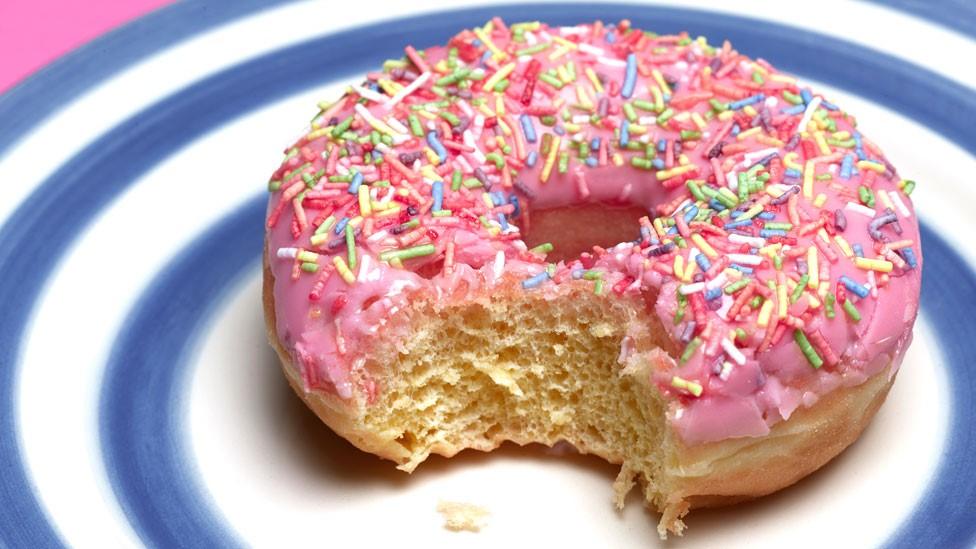Rutland farmer warns soaring costs could lead to shortages
- Published
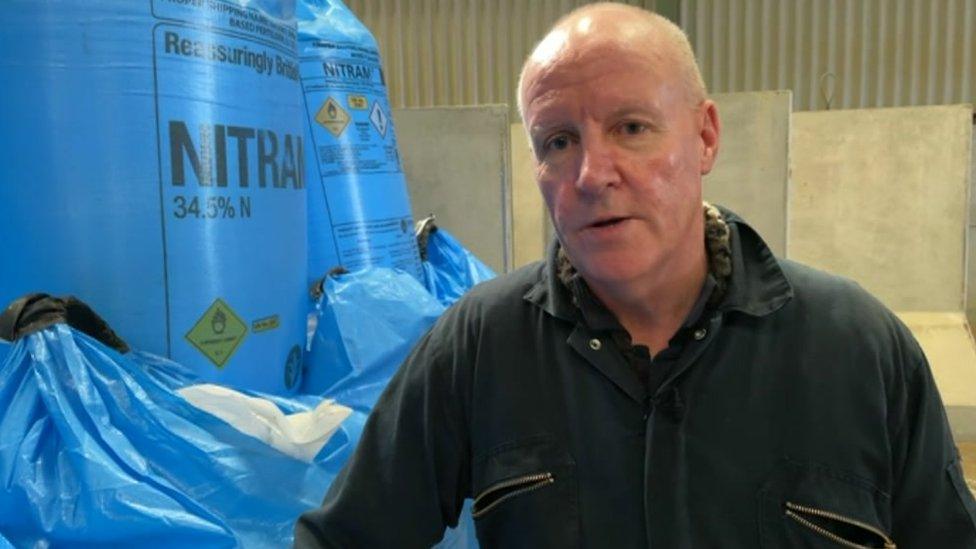
Mr Brown produces about a thousand tonnes of wheat on his farm each year
A Rutland farmer is taking part in a Westminster protest to highlight a food chain crisis it is claimed could lead to shortages and rationing.
Andrew Brown, an arable farmer based near Uppingham, said increasing gas prices, the war in Ukraine and Brexit had created a "perfect storm".
He is joining other farmers and MPs at a rally in London to lobby for a change to agricultural policy.
In the meantime he said the price of food would inevitably go up.
Mr Brown, who produces about a thousand tonnes of wheat on his farm each year, said: "The last harvest in 2021 I bought my fertiliser for £190 a tonne.
"This harvest, which will be in August, I got in early last June and paid £274 a tonne.
"You might think that's a big increase but if I want to buy a tonne of fertiliser now, it will be between £900 and £1,000 a tonne."
He said this price increase was down to the rise in the cost of gas, which is used to make fertiliser.
"Some farmers will not be able to afford to buy fertiliser and if you don't put fertiliser on, your yield will drop in half," he said.
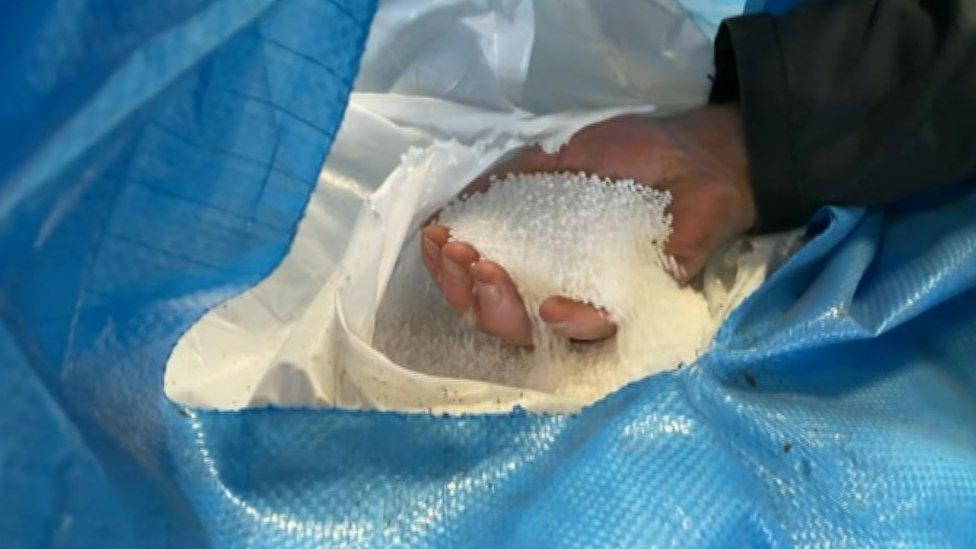
Mr Brown said some farmers would not be able to afford to buy fertiliser this year
Mr Brown said the supply of wheat had also been hit by Russia's invasion of Ukraine.
"A lot of countries like Morocco, Tunisia, Egypt and Pakistan rely completely on the wheat that comes out of the Black Sea from Russia and Ukraine and currently none is coming out.
"This is a very serious situation we're in."
He said the UK needed to produce more of its own food but new rules following Brexit had made this more difficult.
"The government are taking away support payments from farmers so I'm being forced into an environmental scheme, which involves me taking half my farm out of production," he said.
"That may be very good to the wildlife in Leicestershire and Rutland but if that loss in production has got to be made up by the government importing food, it's madness."
'Across the threats'
Last week Environment Secretary George Eustice told MPs he had set up teams to make contingency plans for the UK's food security.
He also told the House of Commons he would be attending a special meeting of the G7 group of the world's largest economies to discuss the issues further.
Commons Leader Mark Spencer said the Department for Environment, Food and Rural Affairs (Defra) was "across the threats that we face".
"There is no prospect of food shortages at any point in the future, and Defra are working with Treasury to try and make sure that that continues to be the case," he said.
Farming Minister Victoria Prentis said: "We are wholeheartedly committed to supporting our food producers; our new schemes will support the choices that individual farmers make for their own holdings and we have recently increased the Farming Investment Fund budget from £17m to £48m.
"Agricultural commodity prices are strongly correlated to the price of energy, and we are seeing very high fertiliser costs.
"One of our priorities must now be to help farmers reduce their reliance on inorganic fertilisers without harming production through precision kit and techniques, supporting more and better use of organic fertilisers and green manures, and investing in technologies that allow us to manufacture fertilisers without a reliance on gas.
"The policies we are introducing through the agricultural transition will help with all of this."

Follow BBC East Midlands on Facebook, external, on Twitter, external, or on Instagram, external. Send your story ideas to eastmidsnews@bbc.co.uk, external.
Related topics
- Published10 March 2022
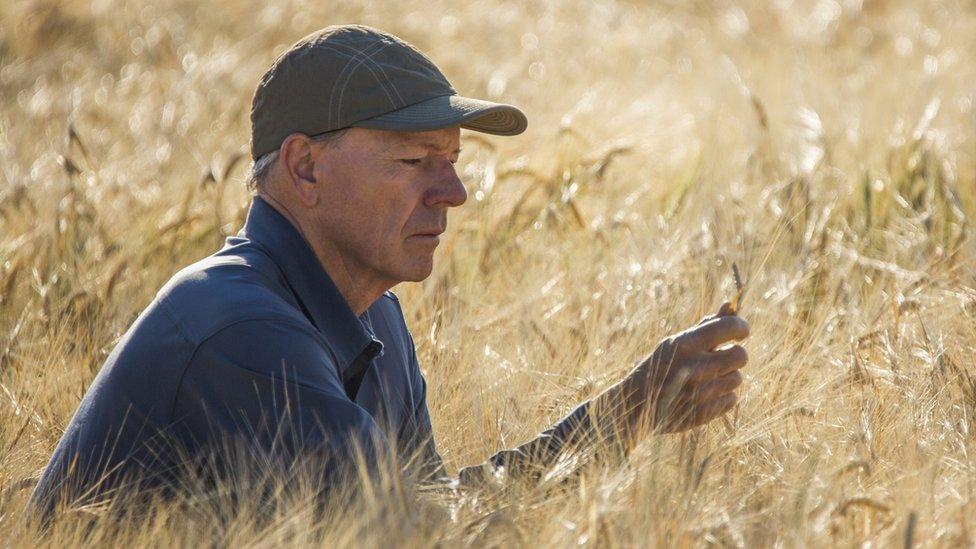
- Published11 March 2022
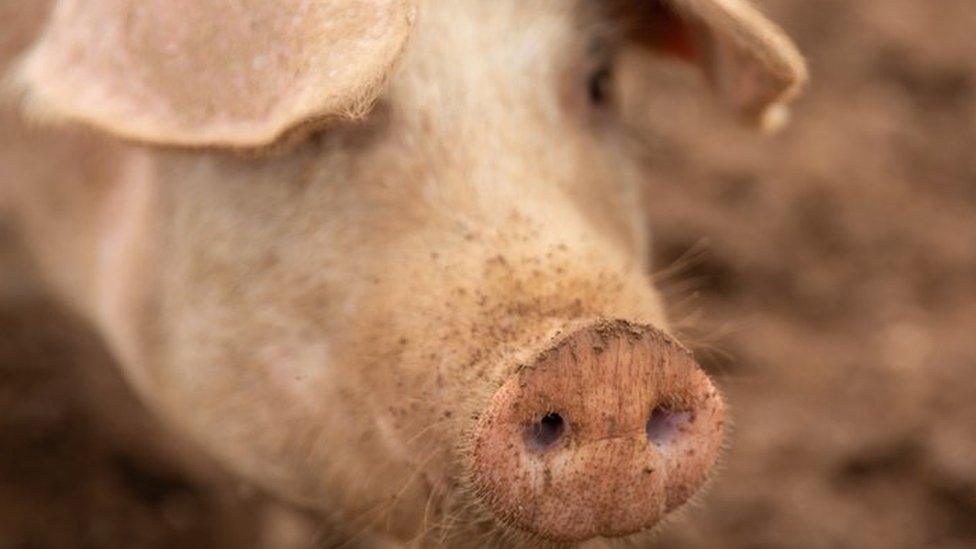
- Published14 March 2022
